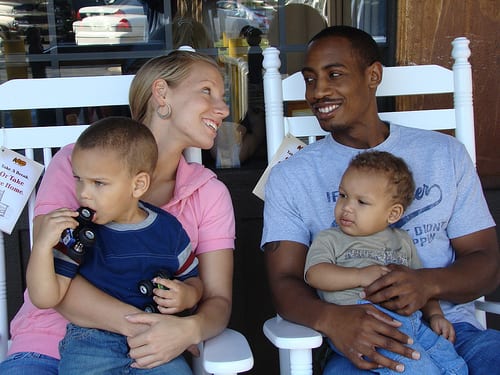Upcoming Eduction Opportunities for Parents
Parents
Does your child seem stressed? From the day your child was born, you have loved that sweet bundle of joy. Oddly enough, your bundle didn’t come with an owner’s manual! As parents we want the best for our kids, but it’s normal to feel powerless or frustrated when we have kids that are stressed out.
Does every small thing seem like a battle with your child? Do you want to see the sparkle return to your kids’ eye? Do you just want things to return to normal again?! You are one step closer to finding the help you need.
To learn how we can help you and your child, contact us or call
224-208-5228
or text us
right now.
LifePoint is here as a resource for parents just like you! We offer personalized therapy for children and their families specializing in youth who experienced a negative event(s) and are struggling to manage their emotions and behaviors. This could look like:
throwing tantrums
trouble focusing
acting out in social situations
excessive fear
hard time sleeping
lying
withdrawal or avoidance
screaming or crying a lot
appearing sad or anxious
hard time connecting with others
school refusal
reenacting a bad experience
having a hard time calming down
lacking self confidence
having frequent head aches or stomach aches
having been emotionally, sexually or physically abused
having been bullied
being a child of a divorce
TREATMENT
Philosophy.
Our clinicians use a whole person, strengths-based approach.
Research shows that CBT (Cognitive Behavioral Therapy), ARC (Attachment, Self Regulation & Competency) and TF-CBT (Trauma Focused Cognitive Behavioral Therapy) are evidenced based therapeutic models that are effective for treating youth that are chronically stressed, even for extreme trauma. While each clinician has their own unique skills they bring to the table, all are trained in these modalities and others.

TIPS FOR PARENTS
with a kid in therapy
- Trust the process. Outcomes are not always measured in behaviors. While that can be an indicator things are shifting, the process itself is educational for all involved. Typically initially, things get worse before they get better. Then there is improvement. Some sessions have distinct goals,other times it’s important to go a different direction. Therapy is an art, not an exact science.
- Ask your child how they feel after session. Do not inquire for details. It’s ok to ask “Is there anything you want to share with me?” or “How do you feel today after session?” or “Is there anything you need?”
- Therapy is what you make it. The more effort you put in to implement plans created in session, the quicker you will see improvement. Sustaining change is difficult. It takes time!

take control of family
communication.
- Do you talk over each other? Do you avoid conflict? Can you listen to someone else without thinking of what you want to say next?
- Using “I” statements, is a great way to disarm your listener.
- Using “you” can place blame and put others on the defense.
- Calm down and take a “time out” before you talk about a problem or issue. Don’t forget to call “time in.”
